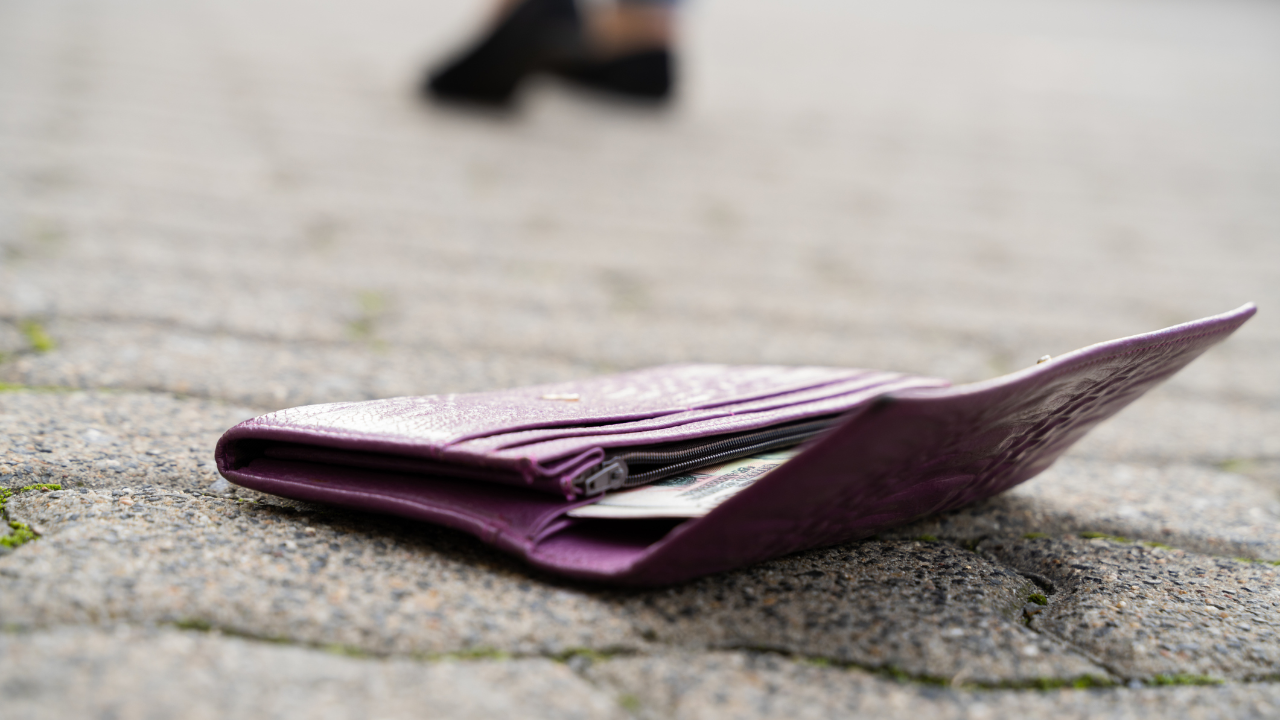How to prevent credit card fraud while traveling abroad

Key takeaways
- Credit card fraud can ruin an overseas trip.
- Thieves and scammers have myriad ways to access your credit cards.
- Be vigilant, check your card statements regularly while abroad and add spending alerts to your smartphone.
Traveling abroad can be a fun experience, but can go sideways if you’re impacted by credit card fraud during your trip. This means travelers need to be on guard to prevent their cards from being compromised.
Thieves use myriad ways to steal your information and commit credit card fraud while traveling. If they’re successful, your trip can be ruined as you spend more time on the phone with card issuers and less time enjoying fruity beverages by the pool or out exploring.
Types of credit card fraud
Credit card skimming
Credit card skimming is a crime that’s typically associated with gas stations and ATMs. Criminals can attach skimmers, which are small devices that read your card information at retail locations. These devices capture your information from your card’s magnetic strip when you pay. It’s even possible for skimmers to use Bluetooth devices to steal your information and pass it on to an associate’s device.
Card present
Card present fraud happens with in-person shopping. A thief can take your cloned credit card and go on a shopping spree in brick-and-mortar stores.
The charges will appear on your monthly statement, but if you don’t check it regularly, the damage of overseas credit card fraud is already done.
Public Wi-Fi
You’re having a nice lunch in an outdoor cafe and you decide to do a quick check of your credit card using free Wi-Fi. When connecting to a website, your information — including sensitive data like the login information for your financial, email, or social media accounts — travels from your device to the website. Hackers can intercept this information with little to no detection and commit overseas credit card fraud.
Lost or stolen cards
After returning from an hours-long shopping trip at a local market, you realize that you either lost your credit card and or it was stolen. It’s highly likely that criminals have already charged items on your card.
In this case, you’ll want to lock your card account and call your card issuer right away.
How to prevent card fraud when abroad
Inform your bank before you plan to travel abroad, so it can flag any suspicious activity and reduce the chances of overseas credit card fraud. Regularly check your credit card statements to watch for any transactions you don’t recognize. Add text alerts to your phone to get instant information about suspicious spending on your card.
Don’t let your card out of your sight. It’s possible for restaurant staff and other retail staff, including gas station attendants, to take your card information and commit fraud. Instead, try and use a digital wallet, such as Apple Pay or Google Pay instead, since most come with two-factor authorization or face ID to verify your identity.
Don’t use public Wi-Fi networks until you know they’re secure. When going to a website, check for a lock symbol or https in the address bar to the left of the website address before logging in. Or pay for a VPN network for extra protection.
Reporting card fraud when abroad
Consumers who have run into overseas credit card fraud can put in a complaint with econsumer.gov. This is an initiative of the International Consumer Protection and Enforcement Network (ICPEN), in which more than 65 countries, including the U.S., participate.
The initiative, started in 2001, aims to encourage consumer confidence in international transactions. It helps consumer protection agencies worldwide watch for trends and cooperate to prevent scams.
When you file a complaint with econsumer.gov about credit card fraud while traveling, your input will be shared with the Federal Trade Commission (FTC) and entered into a consumer complaint database. It will also be available to regulatory authorities in other countries.
These agencies can then take regulatory action and watch for trends with credit card fraud overseas. Econsumer.gov advises that the more information you can provide about your issue, such as specific dates and amounts, the better.
The bottom line
While you can submit a fraud complaint during your trip abroad, you shouldn’t necessarily expect an international agency to take up your specific issue. But when it’s a place of business, such as a gas station, that may have scammed others, your complaint could help the international agency spot a trend and take action on that basis by cracking down on compromises with other cards.
If you dispute your fraud with your issuer and it wasn’t resolved, you can follow up with the bank’s regulator. You could also file a complaint with the FTC and Consumer Financial Protection Bureau (CFPB).
Why we ask for feedback Your feedback helps us improve our content and services. It takes less than a minute to complete.
Your responses are anonymous and will only be used for improving our website.






